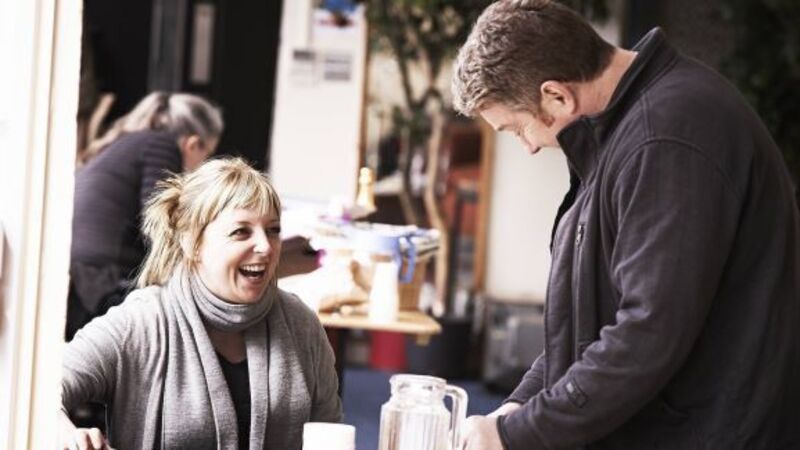Birthday bash at Abbey

THE Abbey Theatre is a big place for a young playwright to premiere their second full-length play, and bigger still when you are also the first writer in 15 years to do so. Yet Dublin writer Elaine Murphy — author of sensational hit, Little Gem — is taking it all in her stride.
“I remember getting the phonecall from artistic director Fiach Mac Conghail telling me that we were going to the main stage,” says Murphy.











